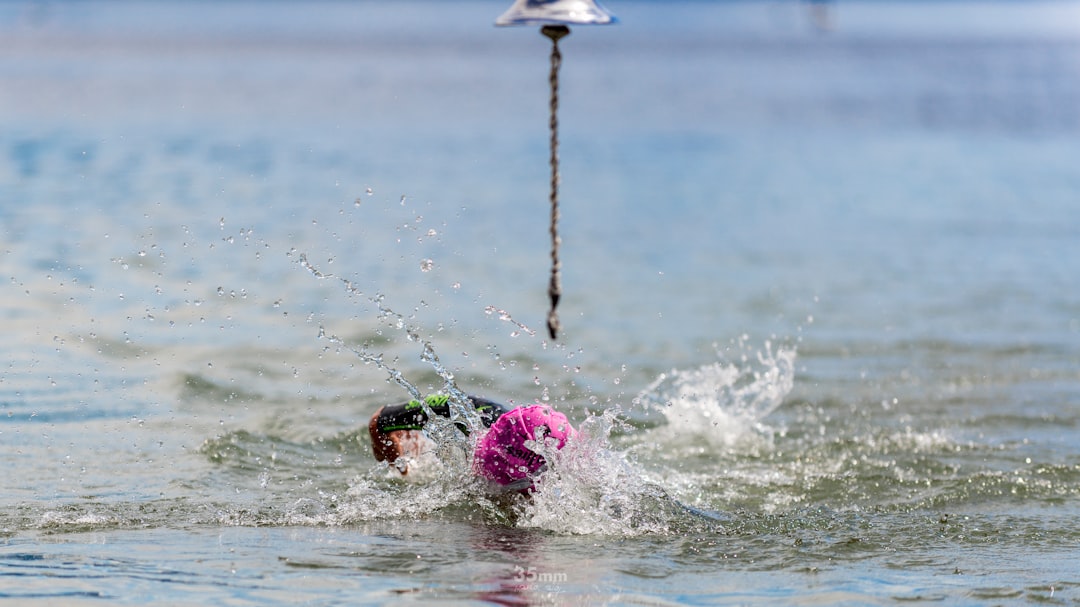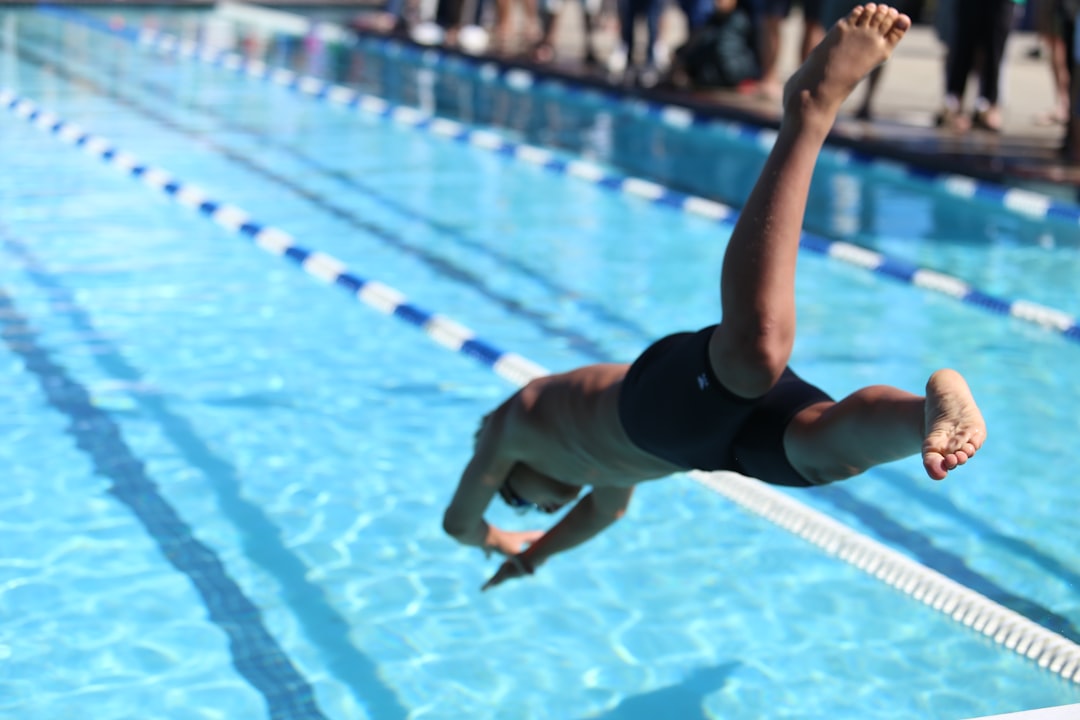What is it about?
The pandemic brought the nursing profession to the forefront, highlighting the bravery and dedication of nurses. They were the frontline workers, facing the risk of contracting the virus, and even death, while caring for patients. The situation was particularly dire in Europe, where healthcare systems were on the verge of collapse. Educational institutions, including nursing schools, had to make drastic changes. They shut down and transitioned to remote learning methods, relying on technology, internet resources, and practical experience opportunities in government hospitals. The RAK College of Nursing (RAKCON) managed to maintain its academic schedule by using online tools such as Zoom and Google Meet for classes and exams. Although there were initial concerns about the quality of graduate education, students adapted and turned to online research and virtual meetings for their studies. Theses defenses were conducted online in 2020 and 2021 without any decline in the quality of student research. This indicates an improvement in students' dedication to their subjects. RAKCON is leveraging technology to expand its reach beyond the UAE, enhance alumni engagement, and plan to launch doctoral nursing programs. The college is committed to fostering innovation in nursing and midwifery in the UAE and aims to have at least one nurse from each Emirati family. This is part of its contribution to the country's healthcare development. The college's vision underscores its commitment to advancing nursing education despite unprecedented global health challenges.
Featured Image

Photo by Rusty Watson on Unsplash
Why is it important?
This article is essential as it delves into the pivotal role of nursing education in a nation's health system, especially within a rapidly developing country like the UAE. This article critically examines the factors that impede and facilitate the progression of nursing academia, thereby influencing the quality of healthcare that can be delivered. It underscores the need to understand the unique challenges faced in the region, such as cultural nuances, resource allocation, and educational infrastructure, as well as recognizing the importance of incorporating international best practices in a culturally sensitive manner. The article’s findings and recommendations can act as a roadmap for policymakers, educationalists, and healthcare professionals aiming to construct a robust, adaptive, and skilled nursing workforce capable of meeting the population's dynamic and complex health demands. Moreover, by analyzing the transitions and adaptations made necessary by the global pandemic, the article illuminates the resilience and adaptability of the nursing education system, offering a template for future crisis response and preparing nurses not only to respond to current health challenges but also to be proactive leaders in the industry. Exploring new opportunities, like the use of advanced technologies and the globalization of nursing education, demonstrates an engaged and forward-thinking approach to enhancing nursing capabilities, essential for both the sustainability and advancement of healthcare services in the UAE.
Perspectives
Working as a nurse in the United Arab Emirates, I have realized the importance of advanced nursing education. The article highlights the need for continuous education and training for nurses to keep up with the ever-evolving healthcare industry in the UAE. One of the primary challenges nurses face in the UAE is the need for more access to advanced education programs. Many nurses cannot pursue higher education due to the high cost, time constraints, and limited availability of programs. This restricts their ability to advance in their careers and take on more specialized roles in critical care, oncology, or mental health. Fortunately, the UAE is a country that values healthcare and is committed to its improvement. The government has made significant investments in healthcare infrastructure, creating a fertile ground for advanced nursing education. This commitment has led to a growing demand for highly skilled and specialized nurses who can meet the complex healthcare needs of the population. In recent years, several universities and institutions in the UAE have begun offering advanced nursing programs, such as Master's degrees in nursing, clinical nurse specialist programs, and nurse practitioner programs. These initiatives have helped bridge the gap between the demand for advanced nursing skills and the limited availability of education programs. As a nurse, I strongly believe that investing in advanced education is not just beneficial for us, but also vital in ensuring high-quality patient care and improving healthcare outcomes in the UAE. By acquiring advanced knowledge and skills, we can significantly enhance our clinical practice, contribute to research and evidence-based practice, and take on leadership roles within healthcare organizations, all of which directly impact the health and wellbeing of our patients. While challenges must be addressed, the UAE's opportunities for advanced nursing education are promising. With continued support from the government, healthcare institutions, and educational providers, nurses in the UAE can continue to elevate their practice and make a meaningful impact on the health and well-being of the population.
Dr. Arnel Bañaga Salgado
RAK Medical and Health Sciences University
Read the Original
This page is a summary of: Current Challenges and Opportunities for Advanced Nursing Education in The
United Arab Emirates, New Emirates Medical Journal, March 2024, Bentham Science Publishers,
DOI: 10.2174/0102506882290694240217170943.
You can read the full text:
Resources
Contributors
The following have contributed to this page










